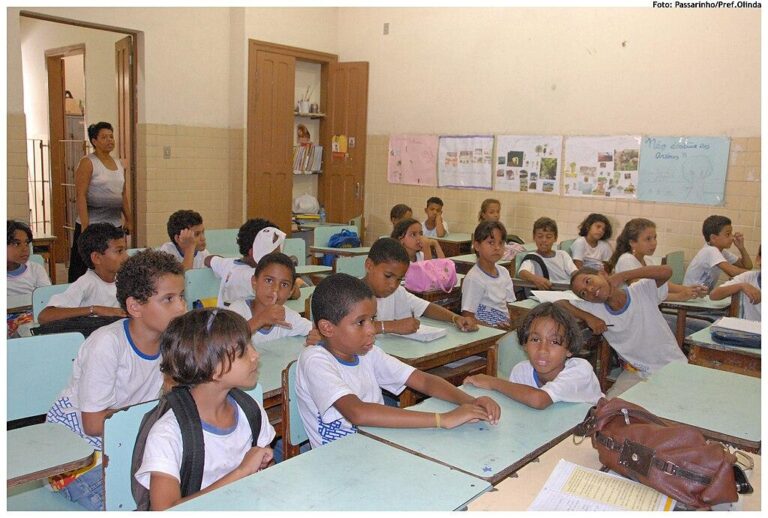Strengthening Education in Brazil
Education is a critical factor for sustainable development in any nation. In Brazil, a country marked by both vast opportunities and significant challenges, enhancing the educational framework remains a priority. The quality of education directly impacts the socio-economic conditions of its population.
The Current State of Education in Brazil
Brazil’s education system grapples with various issues such as inequality and accessibility. Many regions, particularly rural areas, lack adequate educational resources. This disparity leads to significant gaps in academic achievement among students.
Government Initiatives and Reforms
The Brazilian government has implemented several reforms aimed at improving educational quality. These initiatives include increasing funding for schools and introducing curricula that emphasize critical thinking and problem-solving skills. Such reforms are crucial for preparing students to compete in a global economy.
The Role of NGOs and Community Organizations
Non-governmental organizations (NGOs) play a vital role in supporting education in Brazil. Initiatives run by NGOs often focus on providing resources and programs in underprivileged areas. Through such efforts, these organizations aim to bridge the educational gap and empower local communities.
International Collaboration
Collaborations with international partners can significantly enhance educational efforts. Programs that involve knowledge sharing and resource allocation have shown positive results in various Brazilian states. Engaging with global experts allows Brazil to adopt successful educational practices from around the world.
The Importance of Educators
Investing in teacher training and support is fundamental for strengthening education in Brazil. Quality educators are essential to fostering a conducive learning environment. By empowering teachers, Brazil can enhance the overall effectiveness of its educational system.
Conclusion: A Collective Effort for a Brighter Future
Strengthening education in Brazil requires the collective effort of the government, NGOs, and the community. It is a shared responsibility that extends beyond the classroom. For more insights into the state of education in Brazil and its impact on society, visit this resource. Only through collaboration and commitment can Brazil truly harness the power of education for all its citizens.

